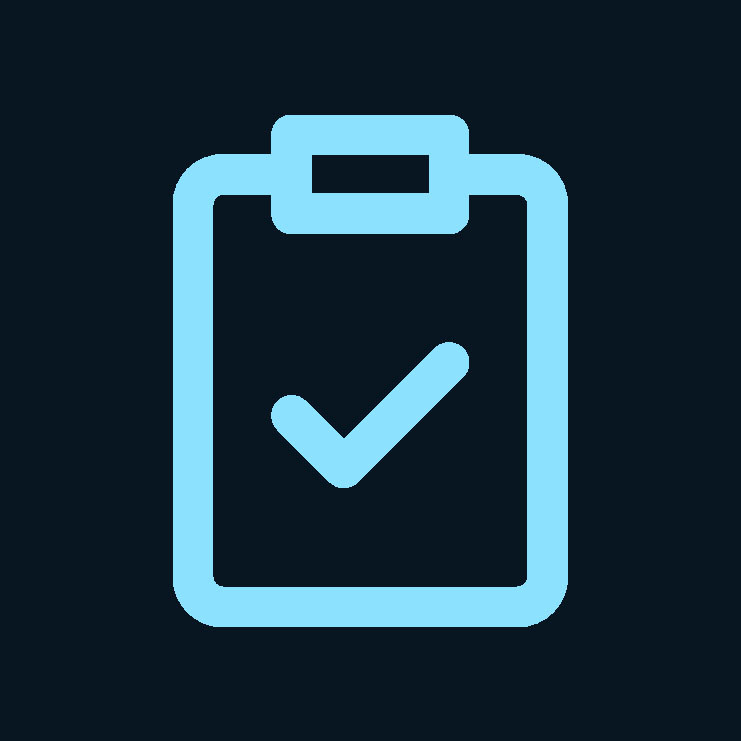If we cannot practice mindfulness breathing, then taking breaks seems (to me, naively, no evidence:-) to be the next best thing? An hour of social media as implemented by 20 stretches of 5 minutes each sounds preferable to me than rather than the same amount of time all spent contiguously.
This is the best summary I could come up with:
“I would inhale in anticipation, but I wouldn’t exhale because so many emails would be streaming in,” Stone told Manoush Zomorodi in an interview for NPR’s Body Electric.
She recruited dozens of friends and colleagues to sit at her computer answering emails while she monitored their pulse and heart rate variability.
The 20% of participants who did not show signs of screen apnea included a former military test pilot, a triathlete, dancers, singers and a cellist — people who had trained to breathe and perform a task or skill simultaneously.
He explained that over the course of hundreds of years, humans have lost touch with natural breathing patterns as our posture has declined and we spend much of the day hunched over our screens and devices.
Slow breathing lowers our stress levels, increases focus, regulates our emotions and even helps us make better decisions.
Incidentally, this recommendation has also been found to positively impact your short- and long-term health (as explored throughout NPR’s Body Electric series).
The original article contains 950 words, the summary contains 166 words. Saved 83%. I’m a bot and I’m open source!



